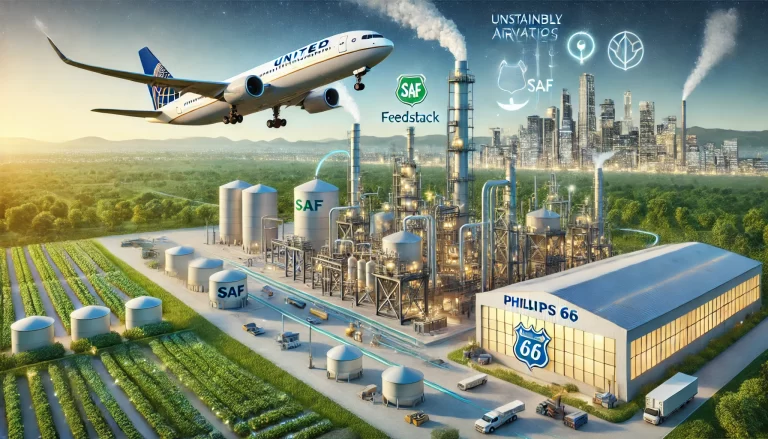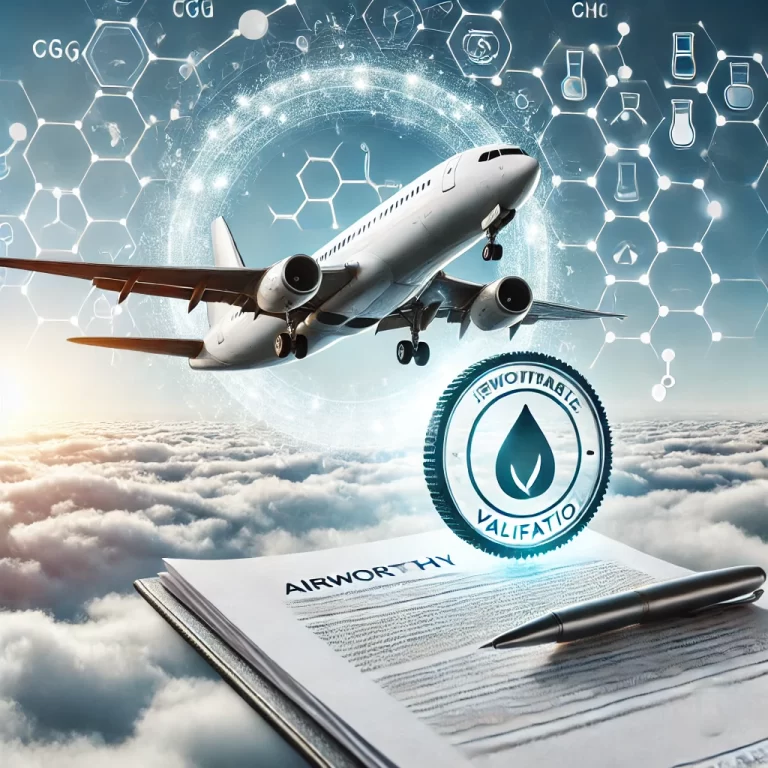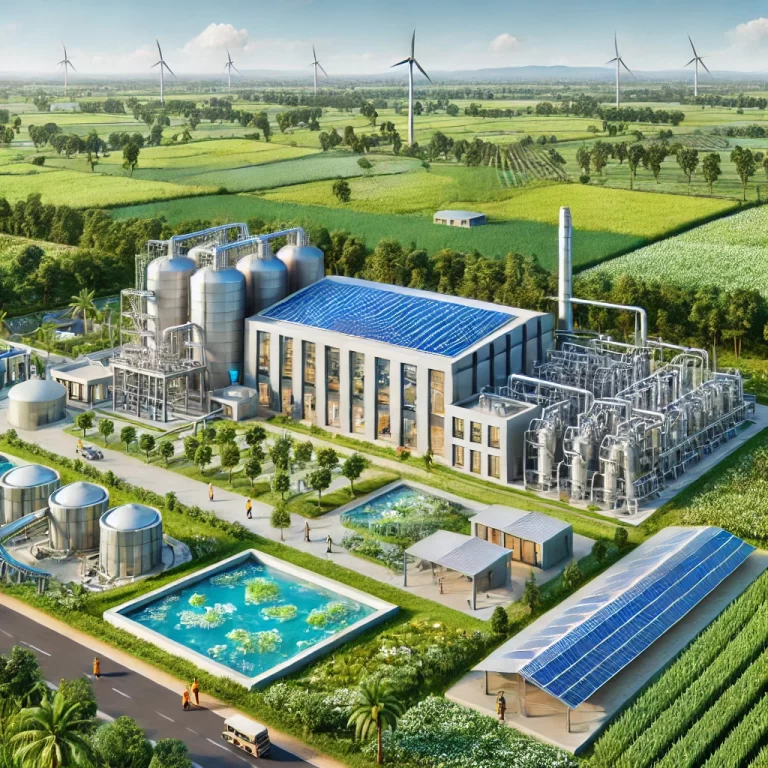
December 24, 2024
Portugal’s Galp Energia, which operates as an oil producer and refiner, expects to start producing biodiesel and biojet fuel from waste in an industrial-scale…

December 24, 2024
On December 20, Chiyoda Corporation announced that it has been successfully awarded a front-end engineering design (FEED) contract by Idemitsu Kogyo Co. for a…

December 24, 2024
In the early morning of 19th December 2024, a B737 all-cargo aircraft of SF Airlines refuelled with Sustainable Aviation Fuel (SAF) took off from…

December 23, 2024
John Wood Group PLC announced on 19 December that it has been awarded a major contract by OMV Petrom for a major project aimed…

December 23, 2024
Moeve and easyJet have signed a Memorandum of Understanding (MoU) to accelerate the decarbonisation of air transport through the promotion of Sustainable Aviation Fuels…

December 20, 2024
Illinois Governor JB Pritzker, Avina Clean Hydrogen, and the Illinois Department of Commerce and Economic Opportunity (DCEO) jointly announced on December 19 that Avina…

December 17, 2024
Parkland announced that it has successfully produced Canada’s first batch of low-carbon aviation fuel (SAF) at its Burnaby refinery. With the support of the…

December 13, 2024
Japan’s Saffaire Sky Energy has obtained international certification for sustainable aviation fuel (SAF) and is advancing its domestic SAF production project in Osaka prefecture,…

December 13, 2024
Samsung has secured a contract for a new biorefinery capable of producing Sustainable Aviation Fuel (SAF) and Hydrotreated Vegetable Oil (HVO) to meet the…

December 13, 2024
South Korea’s Samsung E&A said Thursday it has been awarded a contract to build a refinery in Malaysia that will produce sustainable aviation fuel…



